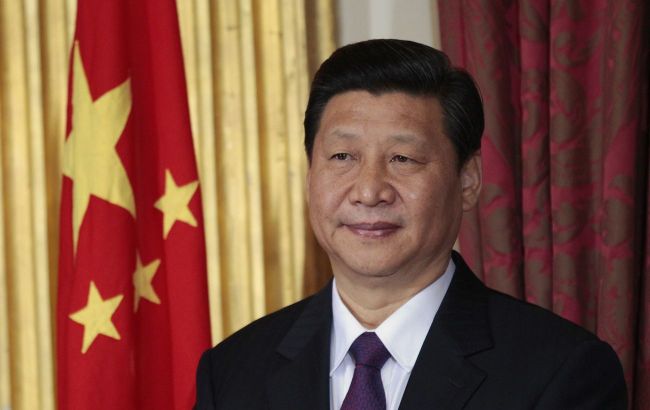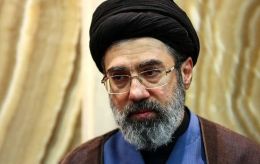Xi Jinping arrives in Hungary to discuss Ukraine and infrastructure
 Xi Jinping (Getty Images)
Xi Jinping (Getty Images)
Xi Jinping, the leader of China, arrived in Budapest on Wednesday evening following visits to France and Serbia as part of his European tour. Today, May 9, he is expected to hold talks with the Hungarian government, with discussions on the agenda ranging from the war between Russia and Ukraine to infrastructure projects, citing Reuters.
Observers say that Xi Jinping can anticipate a warm reception in Hungary, as the country is a crucial partner in trade and investments, unlike other EU nations considering diversification from China and reducing dependence.
Ahead of his arrival in Budapest, Xi Jinping penned an article in the pro-government daily Magyar Nemzet, stating that he has "developed deep friendships" with Hungarian politicians and that Hungary is "the number one target in the central eastern European region for Chinese investment."
Xi's talks on Ukraine during European tour
Before heading to Budapest, Xi Jinping met with French President Emmanuel Macron and European Commission President Ursula von der Leyen in Paris, where they pressed the Chinese leader to ensure more balanced trade with Europe and to leverage his influence with Moscow to end the Russia-Ukraine war.
Ahead of the meeting with the Chinese leader, Hungarian Foreign Minister Peter Szijjarto said in a briefing that the issue of Ukraine would be one of the important topics on the agenda in Budapest.
China-Hungary relations
It is expected that Hungary and China, marking the 75th anniversary of diplomatic relations, will sign between 16 to 18 new cooperation agreements, including potentially a significant infrastructure project under the vast Chinese Belt and Road Initiative, according to the Hungarian minister.
Similar to Serbia, Budapest is also a supporter of the corresponding Chinese initiative. Xi Jinping initiated the Belt and Road Initiative ten years ago in hopes of building global infrastructure and energy networks connecting Asia with Africa and Europe.
In February, China offered cooperation on public security and law enforcement matters to Hungary.
Additionally, Hungarian Prime Minister Viktor Orban has been working to bring his country closer to Beijing since coming to power in 2010. Approximately ten years later, battery and electric vehicle manufacturers began relocating production to Hungary.
China's stance on the Russia-Ukraine war
Since the outset of Russia's large-scale military aggression against Ukraine, China has repeatedly expressed its neutral stance. Beijing has not joined sanctions against Moscow, openly refrained from condemning Russian aggression, instead terming the invasion as the Ukrainian crisis.
During his recent stay in Paris, Chinese leader Xi Jinping, in talks with French President Macron, discussed seeking good ways to end the war. Moreover, according to The New York Times, he staunchly opposed criticism of Beijing's close ties with Russia amid the war with Ukraine.

